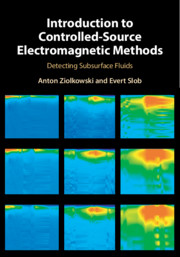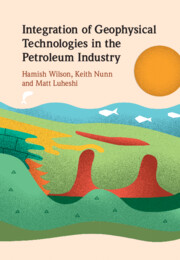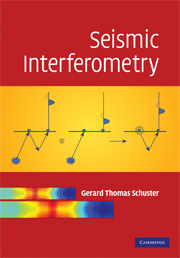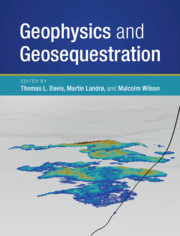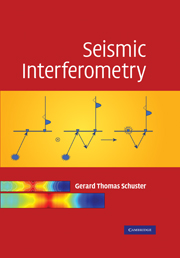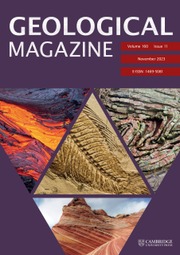Introduction to Controlled-Source Electromagnetic Methods
This volume describes how controlled-source electromagnetic (CSEM) methods are used to determine the electrical conductivity and hydrocarbon content of the upper few kilometres of the Earth, on land and at sea. The authors show how the signal-to-noise ratio of the measured data may be maximised via suitable choice of acquisition and processing parameters and selection of subsequent data analysis procedures. Complete impulse responses for every electric and magnetic source and receiver configuration are derived, providing a guide to the expected response for real data. 1-D, 2-D and 3-D modelling and inversion procedures for recovery of Earth conductivity are presented, emphasising the importance of updating model parameters using complementary geophysical data and rock physics relations. Requiring no specialist prior knowledge of electromagnetic theory, and providing a step-by-step guide through the necessary mathematics, this book provides an accessible introduction for advanced students, researchers and industry practitioners in exploration geoscience and petroleum engineering.
- The description of practical implementation is based on first-hand experience and illustrated with real data examples showing how CSEMs work in practice
- Marine and land-based examples illustrate isotropic and anisotropic model results in both the frequency and time domains, demonstrating the theoretical detectability of buried resistive and conductive layers and the advantages of measuring the complete earth impulse response
- Includes online Python notebooks which allow readers to reproduce results in the book and create their own models
Product details
April 2019Hardback
9781107058620
332 pages
253 × 178 × 19 mm
0.83kg
175 b/w illus.
Available
Table of Contents
- Preface
- Notation and conventions
- 1. Introduction
- 2. Sources, receivers, acquisition configurations and source time functions
- 3. Fourier analysis and linear filters
- 4. Electromagnetic fields in a horizontally layered VTI medium
- 5. Numerical examples
- 6. Source control
- 7. Deep-water CSEM
- 8. Land CSEM with a transient source signal
- 9. Shallow-water CSEM with a transient source signal
- 10. Forward and inverse modelling of CSEM data
- 11. Recovery of resistivities from CSEM data
- 12. Efficient CSEM
- Appendix A. The electric field in a VTI whole space
- Appendix B. The electromagnetic field in a VTI layered medium
- Appendix C. Green's functions and their derivatives
- Appendix D. The final value theorem
- References
- Index.

